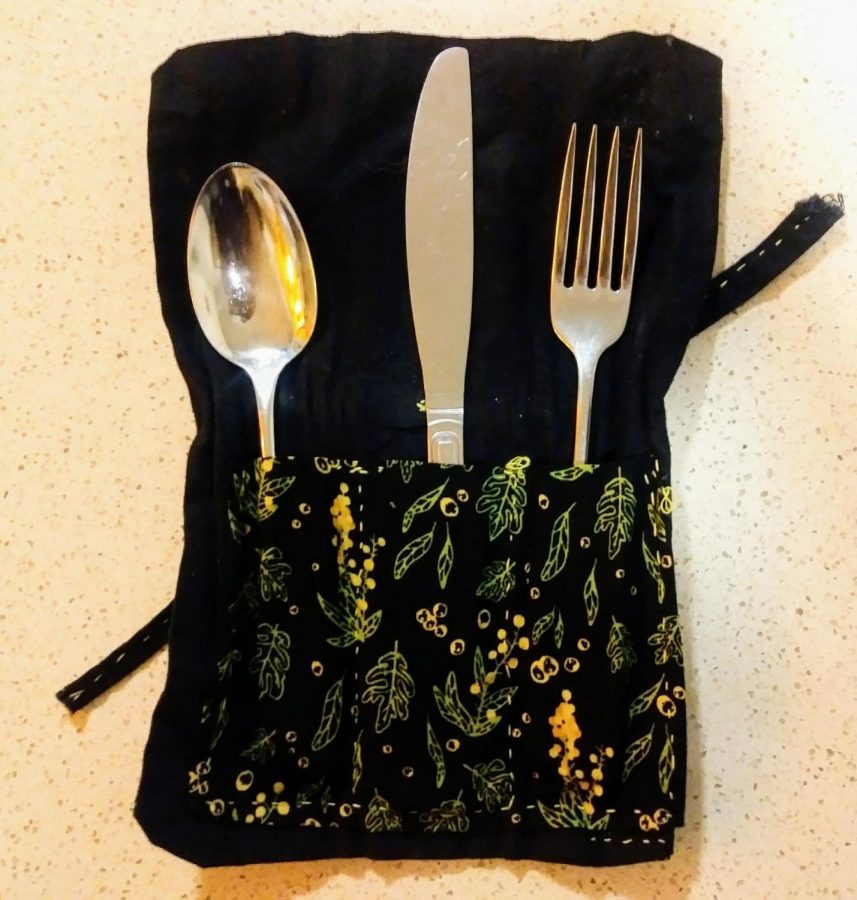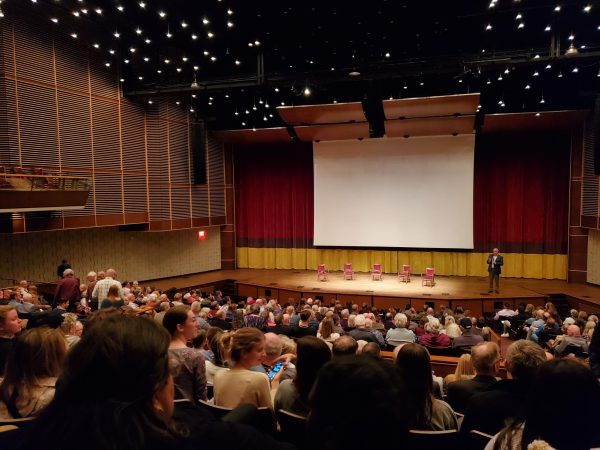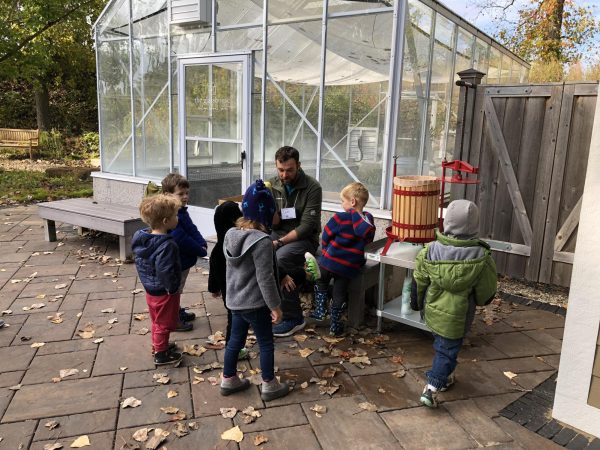Sanitized over sustainable: how COVID-19 makes reducing waste difficult
Some students have gotten creative and designed their own sustainable silverware cases like this one.
If in these opening weeks you’ve found yourself mourning the stacks of styrofoam boxes piling up in dorm dumpsters or experiencing a feeling of futility when you bring your own fork to the dining hall, you’re not alone.
Given the unique circumstances of this semester, safety, not sustainability, is the top priority on campus. Procedures that are in place to prevent the spread of COVID-19 also tend to produce a lot of additional waste. Yet despite the high institutional rate of waste production this semester, student leaders and other individuals are taking action to still be as sustainable as possible.
In the first weeks of school, many students noticed and were upset by the abundance of styrofoam and other trash being produced by the dining halls on a daily basis. Since then, a shortage of plant-based packaging has lessened and both Knollcrest and Commons are now using more sustainable takeout boxes.
The dining halls are also still working to accommodate plant-based diets and “are willing and eager to work with students,” Sustainability Intern Bethany Williams said.
Sustainability Coordinators, the student leaders in each dorm who guide student sustainability efforts, are still working hard to make campus more sustainable within COVID parameters, too. Although many of the programs that SCs successfully implemented in the past have been put on hold this year, including dorm recycling and compost., the SCs main goal for this year is to help people understand what they can still do.
This is Williams’ second year as a Sustainability Intern at Calvin, where she initially got involved as a Sustainability Coordinator. For Williams, sustainability is an aspect of justice. A public health major, she said, “Justice and health and climate are all very much connected.”
Low-income communities and communities of color who are disproportionately impacted by public health crises and systemic injustice also bear the brunt of extreme weather damage and environmental contaminants such as air and water pollution.
“Sustainability gives you agency,” Williams said. Though many of the related issues are structural and can seem overwhelming, individuals can still make a difference by bringing their own silverware to the dining hall and using reusable water bottles. Kilowatt, the sustainability competition between dorms which takes place each January, encourages routines like taking shorter showers and turning off dorm lights when not in use: these are also great ways to take action now
Although swapping out plastic silverware may seem like a small drop in a very large ocean, Williams encouraged other students to educate themselves about how much energy and water is involved in making and breaking down plastic. “Any reduction,” she said, “is significant.”
“We hope that by doing these smaller acts,” SC Elly Scheeres explained, “other people will see what we’re doing and think about how they can be sustainable.”
Though our current efforts may seem isolated, Williams said, “we as a campus can still orient ourselves in the direction of sustainability…not always moving forward, but oriented in the right direction.” COVID has definitely stalled campus-wide progress toward sustainability, but, as Williams explained, that doesn’t have to mean we have to move backward or simply give up.
“When we are oriented in a way where we think about our world humbly, understand our place, and connect with people and the environment, little decisions become big decisions,” Williams explained. She encouraged students to learn about local organizations working for sustainability, connect with projects like Earth Day Eco Challenge, and “empower yourselves with knowledge” about food and water justice. Williams also encouraged students to work on “understanding what their role is.”
Due to COVID regulations, the Sustainability Coordinators are focusing on virtual events and social media this year. You can follow them on Instagram @sustainability_calvinuni, where they are currently running a raffle. “To enter,” the rules explain, “you must show us how YOU are being sustainable at Calvin University this semester.” They suggest picking up trash, showing off dorm plants, or taking recycling to a local recycling plant as possible options.
The SCs will also be hosting a series on environmental policy with various Calvin professors. “Connecting,” Williams said, “is a step toward sustainability.” This series is designed to connect Calvin students with professors who have expertise in environmental science, sustainability, and justice.
Other connections the SCs are working to build include connecting dorms to team up and work together on safe recycling collection. SCs have also connected with the Kent County Waste Department to facilitate as much recycling as possible under COVID restrictions. SCs are also still working with the Plaster Creek Stewards, although transportation guidelines make the connection difficult, and are participating in a staggered Grand River Cleanup.








